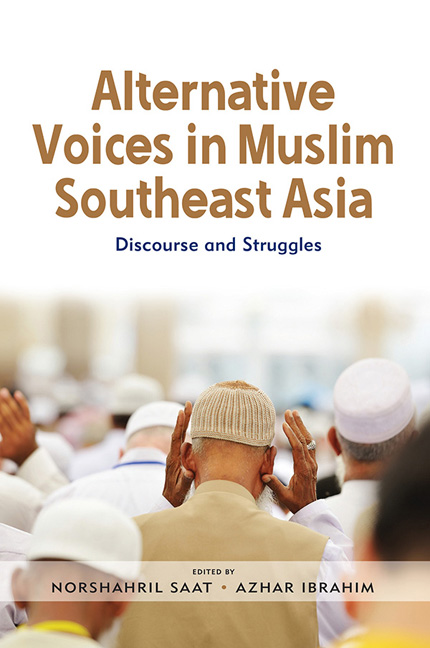12 - Ahmadiyah and Islamic Revivalism in Twentieth-Century Java, Indonesia: A Neglected Contribution
Published online by Cambridge University Press: 02 April 2020
Summary
A number of scholars, such as Deliar Noer and Abdul Mukti Ali, have argued that the Ahmadiyah in Indonesia have had no significant influence on Islamic revivalism in the early twentieth century. Others, such as Federspiel, perceive that the Ahmadiyah have contributed to the revival of Islam in the country to a degree disproportionate to the group's small size. “[T]he Ahmadiyah groups in Indonesia remained relatively small and isolated throughout the era and probably received more attention from the modernist Muslim organizations than was warranted by their size and influence”, states Federspiel. Challenging the above views, Margaret Blood stated, “If Ahmadiyah is discussed simply as one organization among many Islamic based organizations in Indonesia in the early twentieth century we must conclude that its importance within the Muslim community of Indonesia is insignificant. This is most true of the Qadiani branch which is primarily a sectarian organization, and as such, can be best evaluated in terms of its membership.” However, Blood continues, if one evaluates the Ahmadiyah on the quality of the group's membership, then the Ahmadiyah, particularly the Lahore branch, “has of course quite a large reverberation for even those Muslims who are reluctant to associate with the sect from Pakistan”. Blood agrees with Justus M. van der Kroef, who believes that the Ahmadiyah have “contributed greatly to a modernistic religious quickening among younger western schooled Indonesians”.
These differing perceptions need to be examined by looking at the history of the arrival of the Ahmadiyah in Indonesia, the circumstances at that time, and how Muslims perceived the group. This article, therefore, intends to study the role of the Ahmadiyah in Islamic revivalism in Indonesia in the first half of the twentieth century by first looking at the circumstances in the country at that time. Second, the article aims to describe the linguistic divide among Indonesian intelligentsia—i.e., between the Arab-educated and the Dutch-educated Muslims—in accessing information and knowledge from foreign countries. Lastly, it will elaborate the appeals of the Ahmadiyah to the Muslim intelligentsia and the role of this movement in Islamic revivalism.
- Type
- Chapter
- Information
- Alternative Voices in Muslim Southeast AsiaDiscourse and Struggles, pp. 199 - 220Publisher: ISEAS–Yusof Ishak InstitutePrint publication year: 2019



